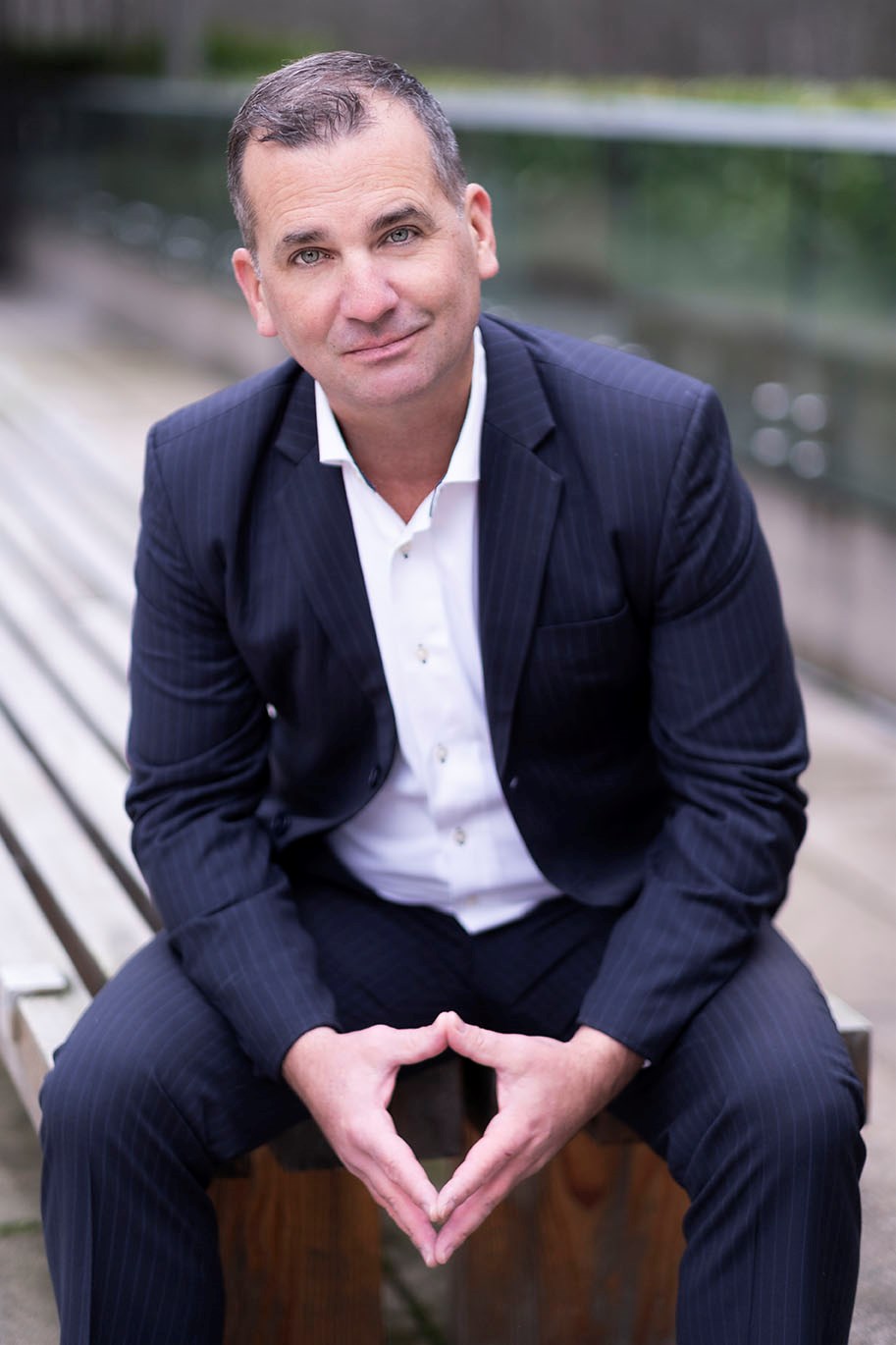An employee scheduling app has launched a campaign to give to the Sunshine Coast Community Services Society (SCCSS) in a bid to help the housing crisis.
MakeShift’s CEO Adam Greenberg has lived in the Halfmoon Bay area since 2003. MakeShift got its start in 2014, and was initially developed in partnership with Alberta Health Science Services to help schedule nurses in rural hospitals.
Since then, the platform has grown to serve 500 customers and 100,000 people, mostly in North America, in industries such as healthcare, retail, hospitality and more. Employees can input their availability and flexibility and an algorithm creates the work schedule. Managers still approve the schedule, can build in different rule sets, and colleagues can receive a notification if there’s a change. Companies can include the staff members’ skill sets, wage, location and departments, and it automatically feeds into the payroll. If someone picks up an extra shift, the manager will be informed whether they are working overtime — the program essentially automates the scheduling woes many industries struggle with, especially in times where they’re short-staffed.
Greenberg told Coast Reporter the software can help reduce burnout and fatigue, and managers no longer have to rely on memory or manual processes. He said there are organizations on the Coast already using MakeShift, and big brands such as Starbucks also rely on it. During the pandemic, his company noticed MakeShift was being used to track vaccination statuses, helping know who can or cannot work with the public and keeping track of workplace capacity.
“I also hope that it solves some of the problems for staff who are facing a lot of mental health issues. The Canadian Mental Health Association, Human Resource Development Canada states that one of the biggest issues that affect the mental health of shift workers is a lack of control of their schedule, and this gives them that control,” Greenberg said.
Now, MakeShift is offering to donate all implementation fees from local businesses to the SCCSS Building Together project until the end of the year (and perhaps beyond, as Greenberg said he’s happy to run it continuously). Once built, the Building Together project will be home to women and children, plus a slate of 35 community services, in its six floors and 34 affordable housing units.
Implementation fees depend on the size of the company, and can range from $500 to $2,000 per sign-up. Greenberg said he learned of the Building Together initiative after reading about it in the newspaper, and knew he wanted to contribute.
“At MakeShift, our purpose as an organization, in our values, what we say is we give people their time back to focus on what really matters. This type of contribution to the community really is something that matters to me,” he said.
In a press release, SCCSS executive director Catherine Leach said, “We are excited to be part of the MakeShift campaign and grateful for the contribution of businesses such as MakeShift for their commitment to the health and wellbeing of the communities in which they work. The support from this initiative will help to increase affordable housing for women and women with children living on the Sunshine Coast.”
The SCCSS offer builds on MakeShift’s #WhatReallyMatters campaign. In Whistler, MakeShift has made a similar arrangement to support the Whistler Community Services Centre’s goal to feed 25,000 families over the next three years, and match employee donations for the Alberta Children’s Hospital Foundation.



